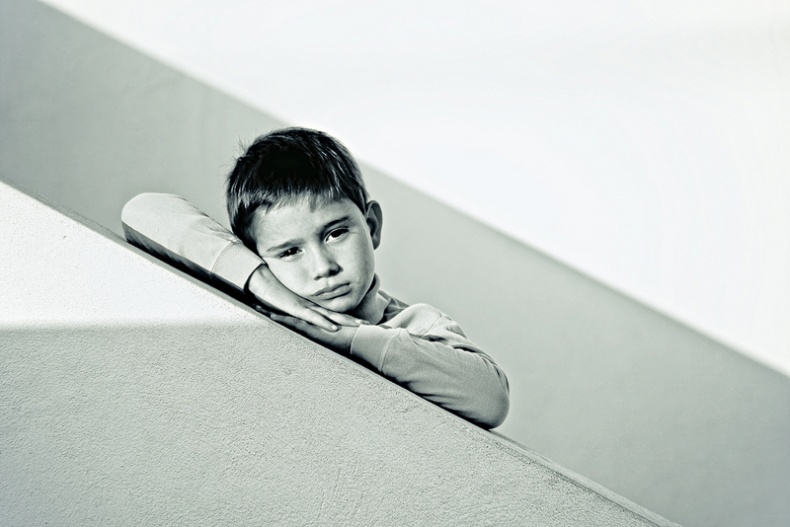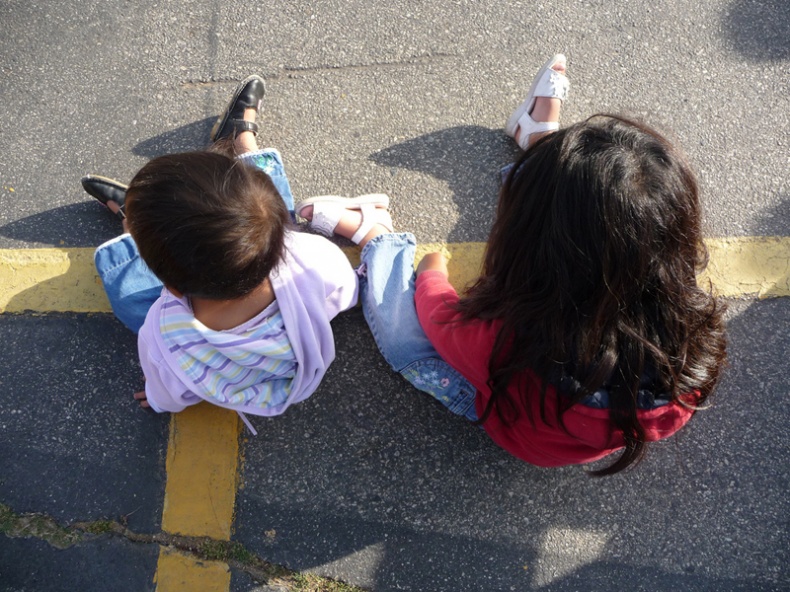
Child by Tiago Ribeiro
Moving With Kids
Children who have moved before have usually acquired some wisdom in handling a change of community. But children who have never moved and have deep roots in their present homes may find leaving a more traumatic experience. In both cases, children may learn to see a move as a chance to make a brand new start.
Breaking the News
Let the youngsters know about the move at the earliest possible moment.
Realize first reactions of some young children involve fear of the unknown: “Where will I go to school?” “Will I have any friends?”
Teenagers, on the other hand, may greet the news with anger as they may envision their social lives going down the drain. “Move? But I’m going to be captain of the soccer team!” “What about my rock band?” They may have girlfriends or boyfriends they are reluctant to leave behind.
Take care to offer news about the move in as honest and positive a light as possible. The more you know about your new area, the easier it is to present alternatives positively.
Knowing your children’s interests, show them how they can continue doing what they like to do in the new neighbourhood. “The high school has one of the best soccer teams in the area!”
Share your own feelings about leaving and how you plan to transfer your activities – and even add to them. “Now’s my chance to try out golf since we’ll be so close to the new course.”
Finally, enlist their support by telling them how much you need their help.
When you visit the new place to look it over, take the children along. Seeing things for themselves will help them visualize ‘life after moving’ and will go a long way towards overcoming fear of the unknown.

Friends by Jeff Turner
Here are some suggestions to help children of all ages adapt:
• Remind kids of their past triumphs coping with disappointments – for example, when an injury prevented sports but led to the discovery of an instrument or a hobby
• Focus on the different (and better) things to look forward to
• Remind kids they’ve made so many friends in the past at places that were once scary and new, like dance or sports lessons, camp etc.
• Make contact with parents who have children in the same age bracket as your children. As you become involved in social & neighbourhood activities with the parents, the children will have an opportunity to meet and get to know each other.
• At family meetings, get your children to share their settling-in experiences.
• Getting the children off to a good start at school is important. Keep in touch with school staff and check their school work. Periodically talk with your kids about their feelings regarding school – looking for ways to turn negatives into positives. Help them to see the advantages of putting a little extra effort into schoolwork and make sure they get extra help wherever needed.
• Be especially ready to help your child through the first weeks: as a listener and encourager, as a homework consultant, and as a willing driver to events and friends’ houses. (Soon enough they’ll find ways to get around on their own).
• If they’re slow at making friends at school, help the children find friends outside school – for example, at the Y or within arts or volunteer groups. There are other kids out there who share your kids’ interests.



